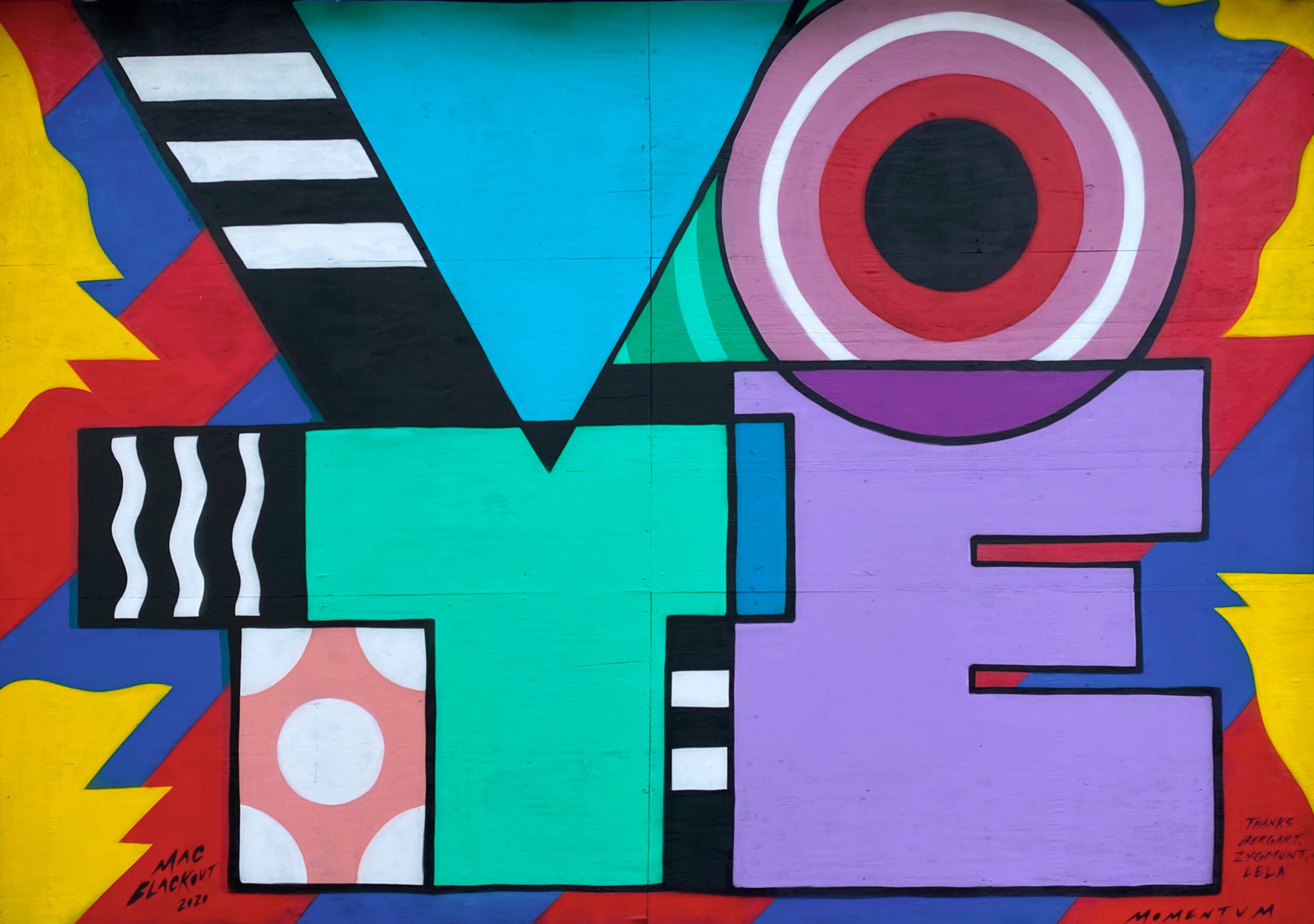
Guest post by Emilie M. Townes, Dean and Distinguished Professor of Womanist Ethics and Society. This reflection originally appeared in the November 3, 2020 “Spire”electronic newsletter.
Growing up in the liberal segregated south of Durham, NC in the late 1950s and 1960s, one of the things that was drummed into little Black kids’ heads was the power and right of voting. From civics classes to conversations in our homes to messages from stormy pulpits, we learned the story of the hard won victories Black folk in the U.S. fought to be able to go to the polls without physical threat (or in spite of it) and pull the lever—this was democracy, this is what citizens do.
One of the most exciting things I did as a youth was to vote in my first election. I asked my folks and other adults over and over again what they actually did behind that curtain as a little kid. And the idea that I would soon be behind that curtain marked, for me, not only a rite of passage but the act of assuming responsibilities for my right to vote.
And we learned the importance of studying the issues. Our teachers recited as mantra the importance of being informed, know the issues, don’t let others try to tell you what to do with your vote, study the candidates, listen to others as they discuss the issues, put your opinions into the mix, and there was little hint of spin in the air (at least nothing like what we hear now) but we did learn the power of what has come to be known as dirty tricks. Intimidation at polling places, broken machines, too close electioneering were stock-in-trade in Black and poor White precincts even then. My education included the stories of Black folk going to town hall to register to vote and being turned away by the local police. My father, a World War II veteran, told me about being forced to go the back to restaurants to get food from takeout windows when in full dress uniform. And I can remember the “No Colored” signs in dress shops and “Colored Only” window at Dairy Queen—the only restaurant that would serve Black folks in Aberdeen, NC, close to my grandmother’s home. Strange fruit was more than a Billie Holiday mournful song as Black and White civil rights workers died so that I could be free enough to vote my conscience.
In spite of, or perhaps because of these realities, we were told, and I deeply believe, that a strong democracy rests on an informed and voting electorate. So, when I entered the voting both on November 6, 1973 for the first time, I was proud to be one of the 1,687 registered voters in my precinct and one of the 767 votes cast from our precinct in our municipal election. And I was not the odd kid among my peers. We were all proud to be voting and some of us even dressed up to do so—like folks used to do to travel by plane or go to church. Do I remember the municipal bonds that were at stake that year? No. But what I do remember is how proud I was that I was finally old enough to vote and at the time, I knew the issues cold but still hesitated for a minute before I flipped the small levers and then pulled the big one to register my vote. The hesitation was making sure I had voted as I had planned and to this day, I still have that moment of hesitation as I punch the touch screen…because my vote counts.